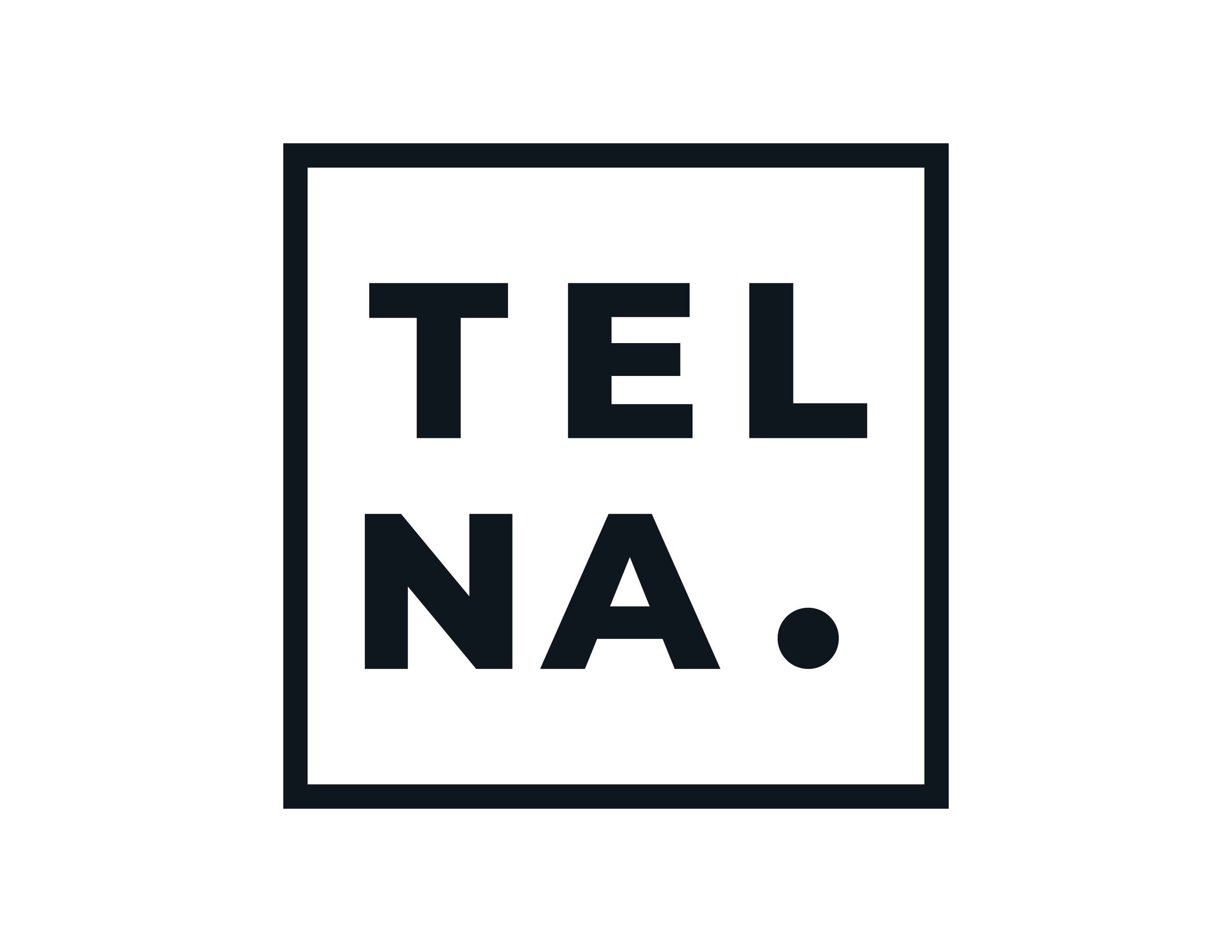The Internet of Things (IoT) is a technology game-changer, connecting everyday objects (and not so everyday objects) for enhanced communication and interaction. The IoT revolution therefore spans various applications, from smart homes to industrial automation.
Telecom providers are pivotal in this transformation, providing essential infrastructure and connectivity. They ensure robust network coverage and bandwidth, crucial for IoT device communication and handling the substantial data generated. But how can connectivity service providers (CSPs) make the most of the IoT?
CSPs as key role players in IoT
Telecom providers also play a vital role in securing IoT devices and data, and implementing measures to protect against cyber threats and breaches. They contribute to the interoperability of diverse IoT devices and platforms by developing standards and protocols for effective communication and data sharing.
CSPs also manage the vast amount of data generated by IoT, employing advanced systems for storage, processing, and analysis to extract valuable insights. Moreover, telecom providers are key in bridging the digital divide, and extending network coverage to under-connected areas, thereby democratizing IoT benefits.
This effort fosters participation in the digital economy. In summary, telecom providers are indispensable in IoT implementation, responsible for infrastructure, connectivity, security, interoperability, data management, and ensuring inclusive access, underscoring their growing importance in an increasingly connected world.
Opportunities for CSPs in the IoT world
Forward-looking communications service providers (CSPs) are actively preparing for the Internet of Things (IoT) era with several key strategies and technological advancements:
- Completing the expansion of 5G networks: 2023 is marked as a pivotal year for the IoT and 5G technologies. Telecom providers are focusing on expanding 5G for its fast data transfer capabilities, essential for IoT devices. The focus is not just on urban areas but also on extending coverage to rural locations to bridge the digital divide. Standalone 5G networks are being developed to deliver high-speed and low-latency connectivity, crucial for IoT applications like Industry 4.0, autonomous vehicles, and edge computing.
- Private 5G and decentralised networks: There's increased interest in private cellular networks as an alternative to Wi-Fi, especially for enterprises. These networks offer better in-building and outdoor coverage, faster connectivity, and the ability to connect numerous devices with enhanced security.
- Innovation in SIM technology: The traditional SIM card is being replaced by more advanced alternatives like eSIM and iSIM. These technologies allow IoT devices to switch between different networks without needing to physically swap SIM cards, facilitating seamless global connectivity for IoT devices. Apple's adoption of eSIMs in its latest products is a significant move towards this trend.
- Security measures: As the IoT ecosystem expands, so do the security risks. CSPs are focusing on educating employees and clients on digital best practices and enhancing corporate security standards. This is crucial in an era where a significant portion of the workforce operates remotely, increasing the potential points of vulnerability.
- Bespoke solutions: Choosing the "best" IoT service provider depends on specific needs, including the type of IoT application, geographic location, and preferred commercial models. CSPs are being evaluated based on their ability to provide scalable, compliant, and future-proof IoT solutions.
The focus is on innovation in connectivity management, including multi-country deployment support, scalability, global traffic management, and multi-bearer support. CSPs are extending their capabilities across various IoT service domains like device management, cloud/edge management, business integration management, security, compliance, and contextualization. This holistic approach is vital for addressing diverse IoT requirements.
Next steps for CSPs
As the Internet of Things (IoT) continues to evolve, CSPs have several opportunities to further their involvement and capitalize on this technological revolution. CSPs can look at expanding their IoT services, offering solutions such as cloud connectivity, IoT application hosting, IoT Security-as-a-Service, and IoT integration services within enterprise campuses.
This would allow them to provide tailored solutions for a wide range of applications, from optimizing manufacturing processes to powering smart city initiatives. Additionally, CSPs can take the initiative to build and own an IoT marketplace, serving as a platform where businesses can find all the building blocks they need in an integrated manner, with the CSP acting as the trusted provider.
Building more concrete partnerships with System Integrators (SIs) can also be beneficial, as they are a strong route to market in IoT. Lastly, CSPs should develop a measured IoT strategy, taking into consideration their brand and market resonance, level of experience, distribution channels, and what goals they hope to realize.
But, most importantly, CSPs should focus on partnering with the right communications specialists to deliver agile, capable communication solutions. Consider Telna’s 3-step process for CSPs: tailored global connectivity, Multi-IMSI, and monitoring customers and devices. Learn more about Telna’s solutions for CSPs here.
